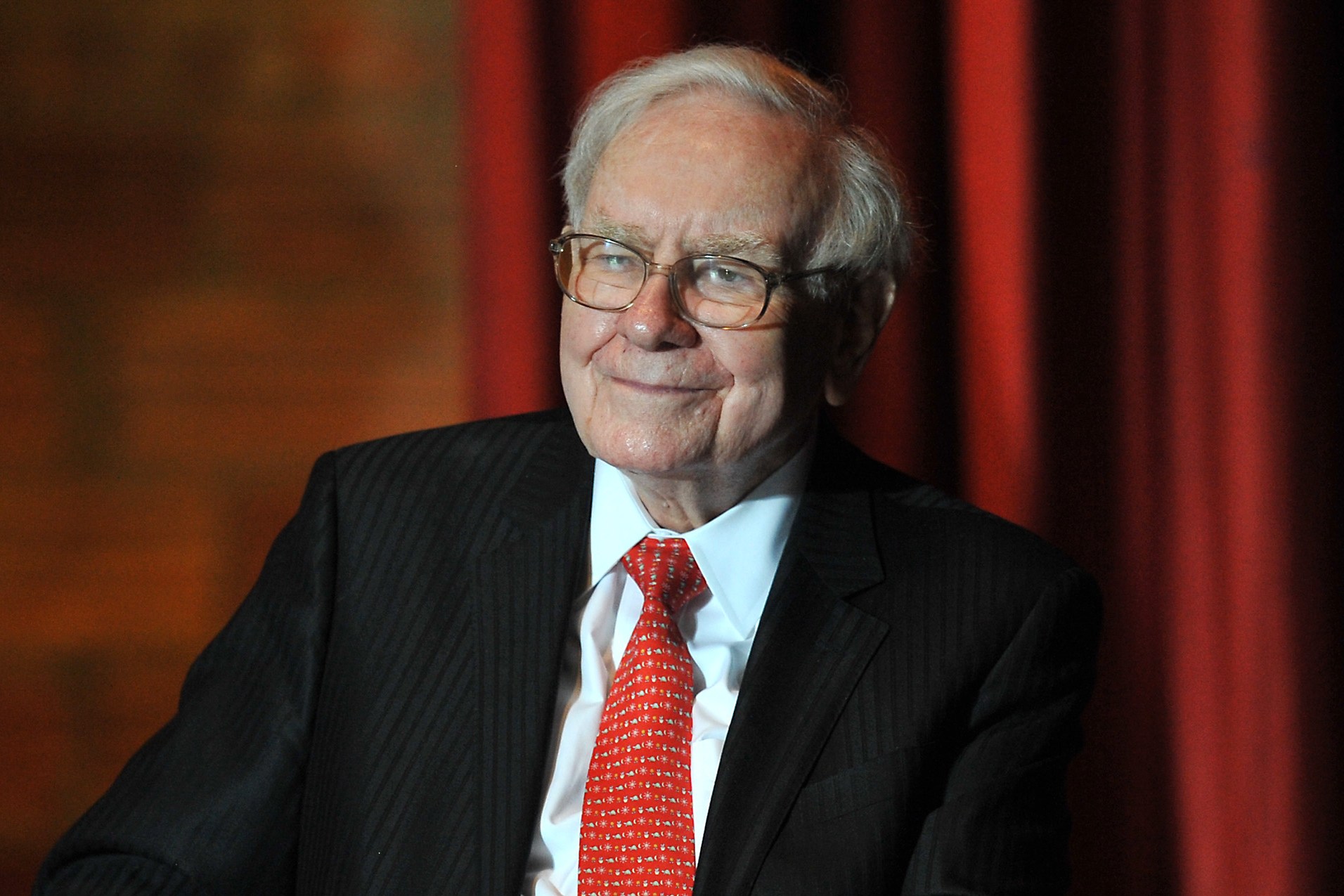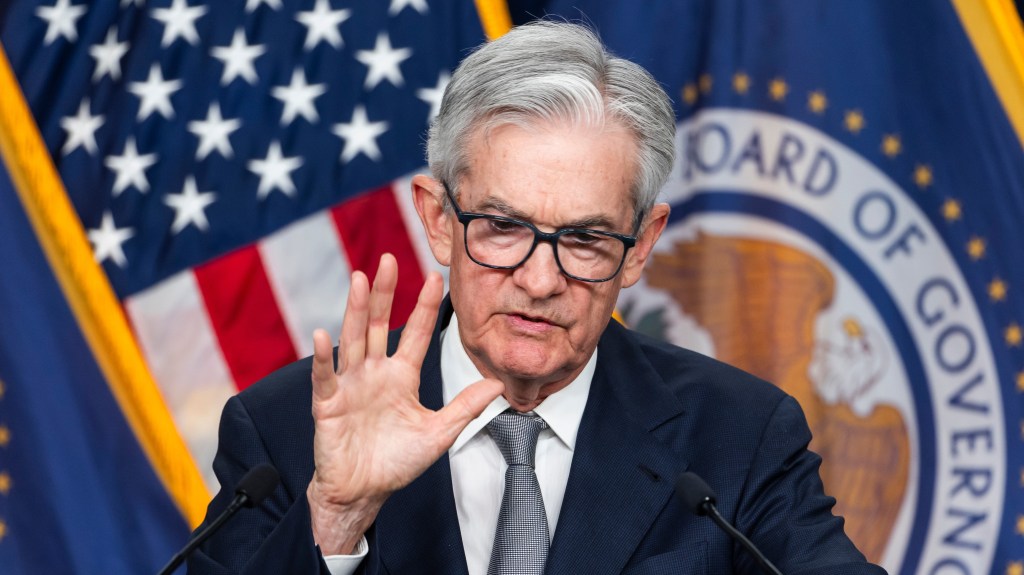Growth of Passive Funds Surpasses Active Fund Competitors in the UK
The landscape of Britain’s open-ended fund management industry is shifting dramatically towards passive investing, outpacing global trends, recent data indicates.
Approximately 30 percent of open-ended funds registered in the UK are now investment vehicles that mirror the performance of stock markets, rather than attempting to outperform them. This figure represents a significant increase from 19 percent five years prior, as reported by Morningstar Direct, a leading research platform. In contrast, open-ended passive funds account for about 24 percent of the total global market, excluding figures from China and India.
The surge in popularity of passive funds can be attributed to their lower cost compared to actively managed options, often featuring annual management fees typically under one percent.
In the UK, more than three-quarters of actively managed, sterling-denominated equity funds failed to exceed the performance of the FTSE 100 index over the year ending June 2023, based on findings from S&P. On a global scale, a staggering 95 percent of actively managed funds did not keep pace with market performance.
Warren Buffett, one of the most esteemed investors worldwide, remarked as far back as 1993 that investing in an index fund could enable an average investor to outperform the majority of investment professionals, stating, “By periodically investing in an index fund, for example, the know-nothing investor can actually outperform most investment professionals. Paradoxically, when ‘dumb’ money acknowledges its limitations, it ceases to be dumb.”
Among the most cost-effective avenues for adopting a passive investment strategy are exchange-traded funds (ETFs). According to Morningstar, including these funds, passive investments constituted around 30 percent of total investment funds in Britain, compared to 29 percent in Europe and 52 percent in the United States.

In a landmark occurrence last year, the assets held in American passive funds reached $13.3 trillion, overtaking the $13.2 trillion in active funds for the first time in history, according to Morningstar.
Nevertheless, some analysts caution that the ascendance of passive investing may pose systemic risks, potentially inflating market bubbles. Unlike active investors who make decisions based on company valuations, passive investors invest based on market capitalization, which could lead to an excessive concentration of capital in the largest firms. This phenomenon has been notably observed within the S&P 500, where the top ten companies represent nearly one-third of the index’s total value.
Consequently, share prices of major fund management companies in London have faced challenges in recent years. Schroders has seen its market value decline by over one-third during the past five years, with CEO Peter Harrison remarking in July that the UK asset management industry has become a “deeply unfashionable place.” Other competitors, such as Liontrust Asset Management and Abrdn, have also experienced significant drops in share prices, recording declines of 26 percent and 44 percent, respectively, during the same timeframe.




Post Comment